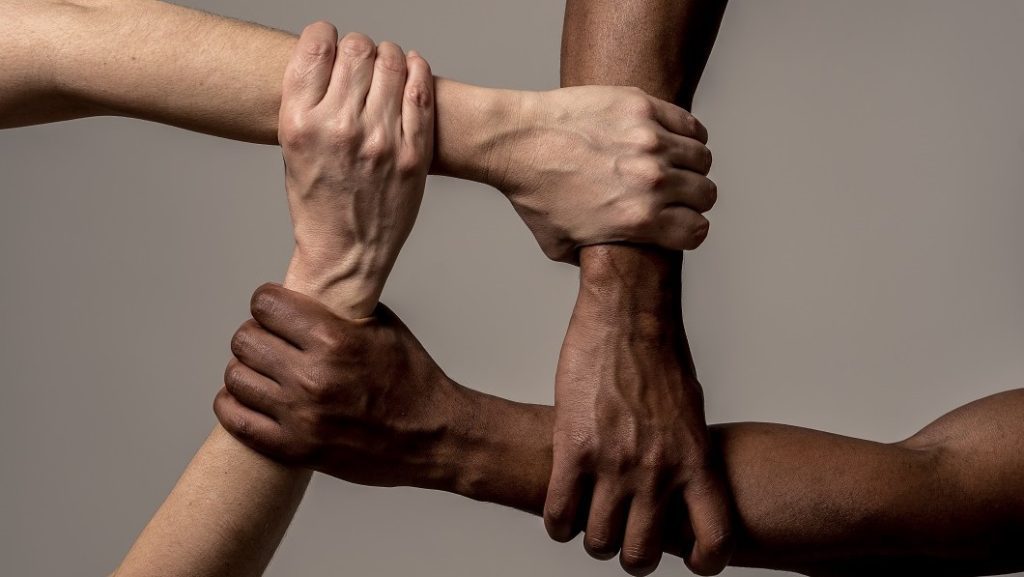It can be exciting and romantic to move to a new country for your partner, but a loss of work opportunities and self-esteem can follow. Relationships can become strained and the inequality of your relationship can become even more apparent.
As a family law practitioner in England the careers, opportunities and recipients of generational wealth are becoming less traditionally gender stereotyped. Nevertheless, it remains true that in certain countries gender or economic inequality prevails.
It cannot be overlooked than when children are born, one partner has the dominant career/wealth or even perceived ‘cultural status’ within the relationship; many partners are still required to curtail and sometimes even forego their own career ambitions, dreams, pursuits or preferred home countries in favour of those of the dominant spouse or partner (at least for a while).
I am fortunate to practice in a jurisdiction where there are laws enabling disparities and injustices which might arise for the weaker (financial) party in a marriage or partnership being protected upon divorce or separation. This however is not the case in all countries.
By way of example only in many countries (even within Europe) there can be arrangements for finances upon divorce which are alien concepts to the modern family’s perception of equality following a marriage or long-term partnership. They can even be entered into without full understanding of their true ramifications and can cause considerable inequality later.
In some cultures the roles of men and women remain far more defined and enshrined in religious laws – this inevitably leads to the potential for greater prospects of discrimination based on gender, particularly if the weaker party is unfamiliar with the local laws and customs.
Other societies simply remain very patriarchal and in those cultures the scope for gender inequality arises sometimes even in a form which might be unrecognized as even being discriminatory.
I guess one of the unexpected ‘benefits’ of bias that I witness particularly in England, is that sometimes and completely inadvertently many of the most wealthy find their assets are far from as well protected as they had imagined upon divorce (if the weaker financial party – often still the wife) manages to secure divorce and financial proceedings in England which is colloquially referred to as ‘The divorce capital of the world’ for its renowned habit of making comparatively generous financial awards to the weaker financial parties to a marriage.
If you are residing in a country where you are unfamiliar with their laws relating to separation or divorce (be it their child arrangements of financial matters) and you would like to be more aware of your rights and how you might seek to protect them in the event your relationship fails, you can contact me below.
Lucy Greenwood
[email protected]
The International Family Law Group LLP
www.iflg.uk.com
© 4 July 2018
- Lucy Greenwoodhttps://iflg.uk.com/team/lucy-greenwood
- Lucy Greenwoodhttps://iflg.uk.com/team/lucy-greenwood
- Lucy Greenwoodhttps://iflg.uk.com/team/lucy-greenwood
- Lucy Greenwoodhttps://iflg.uk.com/team/lucy-greenwood











